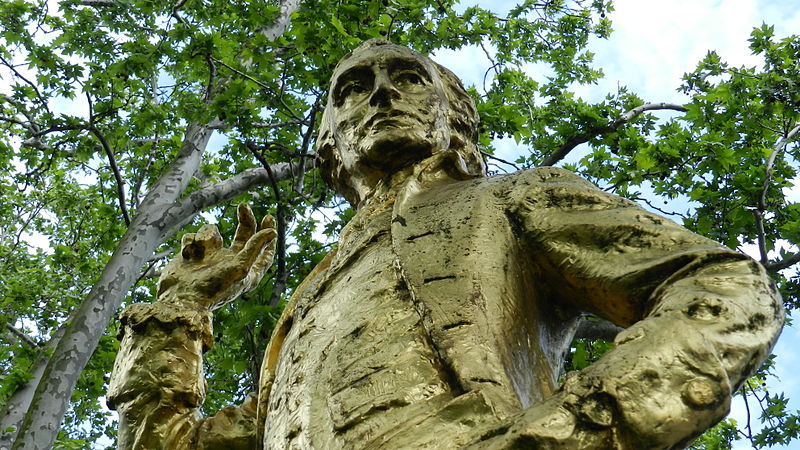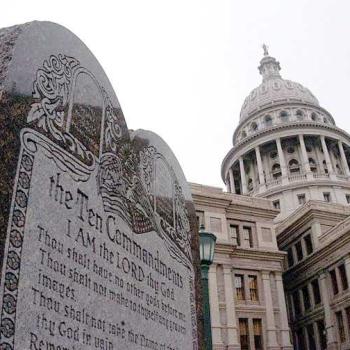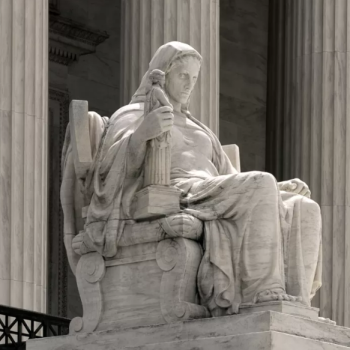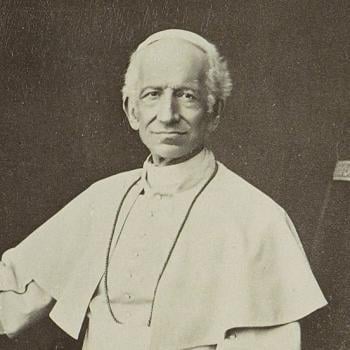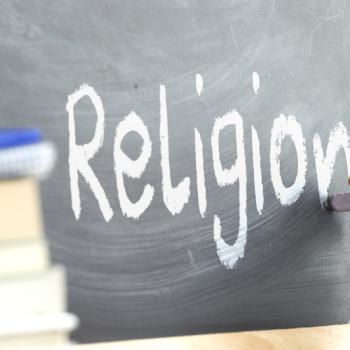The word Deism often comes up in early U.S. history and some 18th century European history as well. But what was Deism?
George Washington refused to take Communion in his adult life, it’s widely reported. And he avoided mention of Jesus Christ in his writings. Historians interpret this to mean that Washington, while a regular Episcopal church-goer, was a secret Deist.
Thomas Jefferson was much less secretive about his Deism. Late in his life he created his own version of the Gospels by cutting passages from six copies of the New Testament — in Greek, Latin, French and King James English — and pasting the passages he wanted to keep into a leather-bound book. Jefferson’s Bible, titled The Life and Morals of Jesus of Nazareth, left out accounts of miracles and the Resurrection and focused instead on Jesus’ moral teachings. This was typical of the Deists, who believed in God but not in the divinity of Christ. Further, the God of Deism did not perform miracles but worked through natural processes.
The Origins of Deism
Deism was a religious philosophy that emerged from the Enlightenment, which was an intellectual and philosophical movement of 17th and 18th century Europe. Also called the Age of Reason, the Enlightenment marked a time in which older, traditional dogmas and superstitions were swept aside in favor of science, reason, and rational thought.
Deism, then, proposed that mankind could rationally infer the existence of a God, a supreme being, in the majestic order of the universe. This God created and governs the natural world, but does not interfere in the natural world, which means the Deists didn’t believe in miracles. They also rejected divine revelation as a basis of doctrine, which pretty much tosses Christian orthodoxy out the window. Christ might have been an important teacher to them, but nothing more.
Deism first emerged in Britain, primarily from the writing of John Locke (1632-1704). Although Locke is not considered a Deist himself, his work On the Reasonableness of Christianity (1695) laid the groundwork for Deist thinkers who came after. In this work Locke argues for applying reason to scripture as a means for fostering tolerant agreement among all Christians.
Deism Expands
As British thinkers expanded upon Locke’s ideas about reason and Christianity, those ideas crossed the Channel into France. The writer and activist Voltaire (1694-1778) denounced Christian orthodoxy and instead called for a religion based entirely in reason. Humankind shares a common, natural religion that was buried under centuries of superstition and sectarian dogma, Voltaire said, and all of the established religions got it wrong. The truth about God and morality are rooted in the conscience and reason of all people.
Another writer, Jean-Jacques Rousseau (1712-1778), took Deism in a different direction. Human beings are by nature good, compassionate, and moral, he said. We should be able to live with each other in equality and tolerance. Civilization created inequalities and divisions, but we can find ourselves again through the religious conviction we are all made in God’s image.
Rousseau, with his ideas on natural equality and social contracts, was a big influence on the generation of Americans who broke from Britain to form the United States. Many of them also were Deists. Thomas Paine, whose pamphlet Common Sense helped inspire the American Revolution, was thoroughly Deist, as was Thomas Jefferson. The writings of James Madison and Benjamin Franklin show influence of Deism also.
Variations of Deism
The 18th century Deists didn’t necessarily think exactly alike. Some Deists proposed that God may have initiated the Creation but has had little to do with it since. This view is sometimes explained by the watchmaker analogy. Just as a watch presumes a watchmaker — watches don’t assemble themselves — such a large and complex system as the known universe presumes an intelligent creator. However, once the watch is made the watchmaker doesn’t necessarily continue to interact with it.
Others saw the creator God as a continued source of benevolence. This God was the God of Merciful Providence and Divine Goodness. This God might rule the events of the world, but only by natural means.
Deism and History
Deism had an impact on the founding of the United States (see The Myth of the Christian Nation) and also on the French Revolution. The French Revolution wasn’t just against the French crown; it also was a reaction to the influence of the Catholic Church. During the Reign of Terror the Catholic Church was suppressed, its properties nationalized, and priests were exiled or killed. In 1794 something called The Cult of the Supreme Being, based on Deism, was adopted as the French civic religion.
Deism reached its peak of influence in in the 18th century. Historians date the end of the Enlightenment to the Napoleonic wars, which began in 1805. In Europe, the Age of Reason gave way to the Age of Romanticism, in which imagination and intuition were emphasized over reason alone. And in America, transcendentalists such as Ralph Waldo Emerson (1803-1882) and Henry David Thoreau (1817-1862), while honoring Deism’s emphasis on equality and nature, rejected its emphasis on reason alone as a source of wisdom. Deism faded into history.
